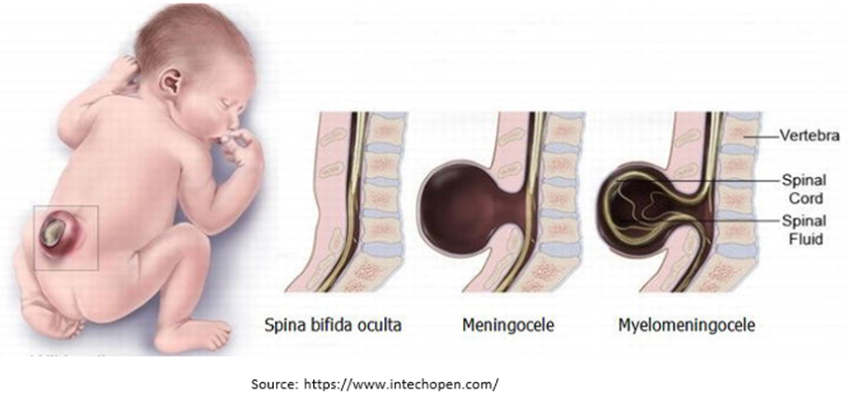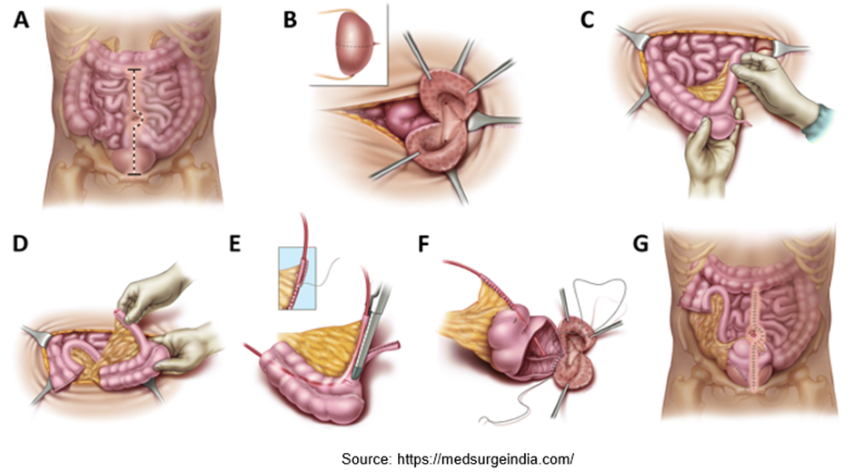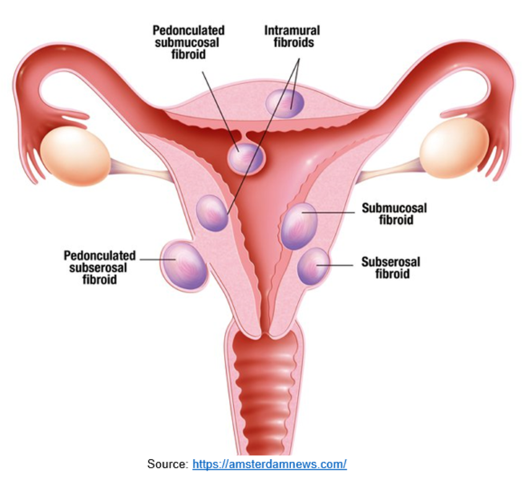How is spina bifida in children associated with bladder and bowel?: Spina Bifida is a congenital defect affecting the spine. It has multiple associated complications, including bladder and bowel problems in children. Please consult Dr. Sumata Mishra, an expert in surgical urology specializing in pediatric urology in Bhubaneshwar.
 The creation of God never ceases to amaze me. We are such a complex mechanism. Its automation at its best, with our brain and spine being the PLC (Programmable Logic Controller). Any glitch in the PLC and things will take a turn for the worse. If the spine is not formed correctly, you will not know what to expect and how the body will function. Since all your motor nerves are connected to the spine, the higher the defect, the more complicated the body’s behavior will become. Or should I say that the body will not behave at all?
The creation of God never ceases to amaze me. We are such a complex mechanism. Its automation at its best, with our brain and spine being the PLC (Programmable Logic Controller). Any glitch in the PLC and things will take a turn for the worse. If the spine is not formed correctly, you will not know what to expect and how the body will function. Since all your motor nerves are connected to the spine, the higher the defect, the more complicated the body’s behavior will become. Or should I say that the body will not behave at all?
Yes, I think it would be correct to say that the body will not behave since the nerves cannot send and receive signals appropriately. One such condition of the spine is Spina Bifida, which can have many implications. One such implication is bladder incontinence.
You may consult with Dr. Sumata Mishra in Bhubaneshwar for help in this matter. Pediatric urology is one of the fields he specializes among many others.
Dr. Sumanta Mishra specializes in all endourological procedures, including prostate surgery, kidney stones, uro-oncology, gynecological urology, and male sexual health.
He heads the Renal Transplant Surgery department at KIMS hospital and is considered the best Urologist in Bhubaneshwar.
Let Us Know What is Spina Bifida and how it concerns a child’s bladder?
Dr. Sumanta Mishra talks about spina bifida and its implication on the bladder and the solution to the problem below.
Spina bifida is a congenital defect in which a part of the spinal cord and its meninges remains exposed due to a gap in the backbone.
It is a severe condition affecting the child in various ways.
Spina bifida is split into 3 categories based on the symptom you see.
The most severe form of Spina Bifida is Myelomeningocele.
Then there are others with less severe consequences on the body. These include myeloschisis, lipomeningocele, and myelocystocele.
Since our topic of discussion is associated with myelomeningocele and how it affects the baby’s bladder and bowel, we will take a look at it in some detail.
Myelomeningocele:
Myelomeningocele is the most common and the most severe form of Spina Bifida. Here, a part of the spinal cord and its associated tissue and nerves are pushed out through the open vertebrae and protrude on the baby’s back.
The spinal cord and the nerves are in a sack full of amniotic fluid. The amniotic fluid is constantly bathing the delicate spinal cord and the nerves during the gestational period, thereby resulting in progressive neurologic injury.
The doctors had to wait till the baby was out to carry out the surgery. But now, they try to resolve this by doing the surgery in the womb itself.
Myelomeningocele affects the children in the following ways: –
Bladder and bowel incontinence
Sexual dysfunction
Paralysis and other cognitive disabilities
Orthopedic malformations such as clubbed feet or knee and hip issues.
If the location of the defect on the spinal cord is high, then the number of complications is more.
What are the Causes of Spina Bifida?
Nutritional defects cause myelomeningocele, and some are due to genetics.
Nutritional deficiency is mainly due to a lack of folic acid. To avoid these defects, a woman should ideally start consuming folic acid supplements or foods with high folic acid content much before they plan to conceive.
How does Spina Bifida affect your baby’s bladder?
Most babies born with spina bifida are known to have a neurogenic bladder. It indicates problems in urination due to neurological issues. These occur because the nerves controlling the bladder function are not correctly formed.
It may result in problems storing or emptying the urine in and from the bladder.
Your child may have to depend lifelong on using clean intermittent catheterization to protect their kidneys and prevent UTIs. This technique will allow them to wear regular underwear instead of diapers.
The doctors may prescribe an anticholinergic medicine to relax the bladder, which allows the bladder to store more urine.
What is intermittent urinary catheterization?
Dr. Sumanta Mishra explains the process of intermittent catheterization.
Intermittent catheterization means the surgeon inserts a catheter into the urethra directly or through an abdominal tube placed surgically by the surgeon himself.
There are different types of intermittent catheterization methods.
Many children suffering from spina bifida may also have a condition where the bladder does not grow. Intermittent catheterization and medicines may not be enough to manage the bladder.
Bladder augmentation is a procedure that uses a piece of the small intestine to increase the bladder size. What is bladder augmentation, and why is it performed?
How will your child’s bladder and kidney health be monitored?
Once your child is discharged from the hospital, they will have to be monitored with tests regularly. Your child will have to undergo a Urodynamic Evaluation to see how well the bladder is managed. The child will also have to undergo ultrasounds regularly to check the kidney and bladder health.







